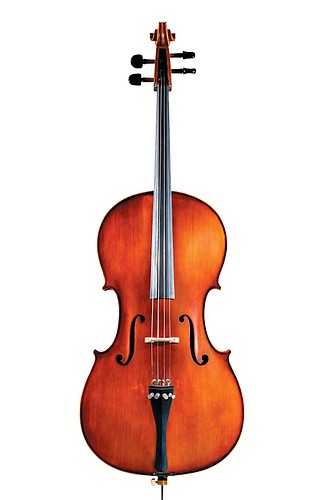- April 23, 2024
-
-
Loading

Loading

The Sarasota Orchestra’s recent Masterworks Concert marked the grand finale of Leif Bjaland’s 15-year tenure, and he couldn’t have gone out with a finer, more fitting program.
His conducting of Wagner’s prelude to “Die Meistersinger” was majestic and lush in a tempo, so slow and measured, it seemed he didn’t want to finish it. That didn’t mean it was sluggish. In fact, this deliberate pace became taut in its control and vibrant in a stately, regal reading.
What followed was just as impressive but for different reasons.
The Grieg A Minor Piano Concerto is a war-horse-of-a-work that has been put on a back burner in recent years because, I suppose, it became too popular for its own good. It was wonderful to hear it again, like welcoming back an old, dear friend. In the hands of Orion Weiss, who was recently named the Classical Recording Foundation’s Young Artist of the Year, we heard a fine technique combined with an exquisite sensitivity and a beautiful touch.
Together, Weiss and Bjaland inspired the orchestra to play with an elegant transparency that made the old Grieg new again. The individual solos in the first movement by bassoon, flute, horn and clarinet were stunningly played with lovely rounding of phrases that echoed what Weiss was sculpting at the piano. The horn solos, performed by co-principal Joe Assi, demonstrated world-class playing.
This is a work that could be hackneyed, but this performance was anything but. The third movement had a wonderfully driven, propulsive quality, without being rushed, and the well-deserved ovation at the end led to an encore by Weiss of a well-known Grieg “Nocturne” that was equally exquisite.
Schumann’s Symphony No. 2 was a fitting finale for Bjaland. The first movement was played with optimism and nostalgia, but his reading of the Scherzo was absolutely riveting. Many conductors stretch out of proportion the “poco ritard” that’s written in the score, turning this light, airy, dance-of-a-movement into a ponderous musical statement. Bjaland did just the opposite, staying with what Schumann wanted, slowing down just enough to breathe and making this normally difficult transition sound like a breeze. Even the coda that followed was as light as a froth of Mozart.
This was a ravishing, eloquent performance, and the finale, with its grand “Amen” written into the final chords, sang a most appropriate farewell to Bjaland.